- News
- Reviews
- Bikes
- Accessories
- Accessories - misc
- Computer mounts
- Bags
- Bar ends
- Bike bags & cases
- Bottle cages
- Bottles
- Cameras
- Car racks
- Child seats
- Computers
- Glasses
- GPS units
- Helmets
- Lights - front
- Lights - rear
- Lights - sets
- Locks
- Mirrors
- Mudguards
- Racks
- Pumps & CO2 inflators
- Puncture kits
- Reflectives
- Smart watches
- Stands and racks
- Trailers
- Clothing
- Components
- Bar tape & grips
- Bottom brackets
- Brake & gear cables
- Brake & STI levers
- Brake pads & spares
- Brakes
- Cassettes & freewheels
- Chains
- Chainsets & chainrings
- Derailleurs - front
- Derailleurs - rear
- Forks
- Gear levers & shifters
- Groupsets
- Handlebars & extensions
- Headsets
- Hubs
- Inner tubes
- Pedals
- Quick releases & skewers
- Saddles
- Seatposts
- Stems
- Wheels
- Tyres
- Health, fitness and nutrition
- Tools and workshop
- Miscellaneous
- Tubeless valves
- Buyers Guides
- Features
- Forum
- Recommends
- Podcast
BUYER'S GUIDE
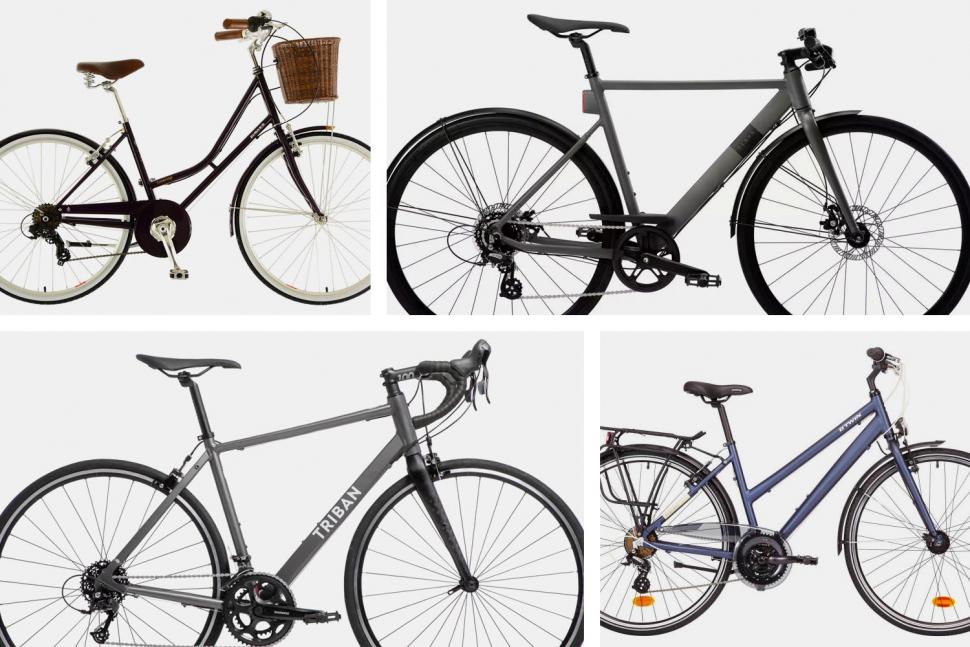 8 of the best bikes for students Dec 2020
8 of the best bikes for students Dec 20208 of the best bikes for students — get to lectures on time with one of these bargain rides
For many students, a bike is likely to become their first choice means of getting about. A cheap form of travel and good exercise to boot, cycling can also prove to be the best way to get to know an unfamiliar town or city.
8 of the best bikes for students
- Apollo Belmont — £210
- Elops Hoprider 100 — £299.99
- Dawes Cambridge — £299.99
- Carrera Subway 1 — £300
- Specialized Sirrus bikes — from £449
- Elops Speed 900 — £399.99
- Brand-X Road Bike — £299.99
- Triban RC120 — £399.99
While the initial cost might prove greater than a bus pass or rail card, a bike is likely to prove by far the better investment in the long run. Student discounts are one thing, but public transport costs recur month after month and even if you end up saving just a tenner a week by cycling, that’ll soon add up.
Relying on buses and trains can also be limiting. Depending on what lines and routes are available to you, journeys can prove convoluted and time consuming. The beauty of travelling by bike is that you can simply go from A to B without needing to wait around at A, continue on foot from B or change at C or D.
But it’s not just as simple as buying any old bike and getting on with things. While much of the appeal of cycling is that it’s so easily accessible, you’ll want to make sure you get the right bike for your specific requirements and that you have everything you need to ensure your journeys are quick, safe and straightforward.
In this guide we’ll take a look at the best bikes for students, as well as bags, lights and security - but regardless of what you go for, it’s also worth ensuring that your bike is properly set up, with the right saddle height and so forth. It might also be an idea to have a quick look at the Highway Code. Even if you’ve passed your driving test, if you’re new to cycling on the road, you’ll soon be seeing things from a different perspective.
And even though the academic year ends soon, the better weather means this is a great time to get a bike. It'll be ready in September to get you to classes.
Student bikes
With budgetary constraints likely to play a part, a major question is whether to buy new or second-hand. If you’re reasonably happy replacing bike components – or feel that you could learn – then you can certainly pick up a bargain by investing in something that might initially need a little attention. If you’re not so confident in this regard, a new bike should give you a little less to worry about at the outset.
Beyond that, it will be a matter of personal preference and your individual needs whether you go for a commuter bike, a road bike or something else.
Hybrid bikes
Hybrids are ideal bikes for students. They're Britain's most popular style of bike because they offer practical, comfortable urban transportation while also being happy on slightly rougher surfaces, such as canal tow paths or the sometimes underwhelming off-road tracks which are frequently earmarked for cyclists.
Read our buyer’s guide to the best cheap hybrid bikes.
Apollo Belmont — £210
The Belmont has an aluminium frame, a mudguard, chainguard and rack, making it very practical urban transport. Halfords provides a free service after six weeks and will put the bike together for you. There is also a women’s version – the Apollo Elyse. Both bikes have 18-speed Shimano gears operated by twist-grip shifters.
Elops Hoprider 100 — £299.99
Elops is one of several cycling brands of sports megastore, Decathlon. Being as the firm sells bikes all over the Continent, its town bikes are tailored for European tastes, which means the Hoprider 100 has a feature that's rare on UK-specced bikes: dynamo lighting. The lights are powered by a generator in the front hub so they're always ready when you need them. You also get a gel saddle, mudguards and rack and the Shimano Altus mechs are a notch up in quality over the gears found on cheaper bikes. There's also a kickstand for easy parking.
Dawes Cambridge — £299.99
The name's not just marketing — Cambridge really is full of bikes like this. The upright riding position is great for leisurely cruising to lectures and some versions have a basket for your bag so you don't have to get a sweaty back riding in a rucksack.
Carrera Subway 1 — £300
With its wide-range gears and fat tyres on mountain bike-style 27.5in wheels, Carrera's Subway 1 is an urban pothole basher par excellence at a very reasonable price.
The Subway harkens back to the days when a typical urban bike was a rigid mountain bike with slick tyres, a combination that exploits the mountain bike's upright, commanding position and excellent brakes while compensating for the resistance of knobbly tyres on Tarmac.
You'll almost certainly want mudguards and a rack, but at this price they're not a silly omission.
Flat bar road bikes
It’s quite possible to get the gearing and fast wheels/tyres of a standard road bike but with flat handlebars. Many prefer the vision and control they get from a more upright position and it can prove to be ideal for city cycling.
Read our guide to the best commuting bikes.
Specialized Sirrus bikes — from £449
Road bike geometry, but with flat handlebars. The cheapest version of the Sirrus comes with Shimano Altus gears, a triple chainring and eight-speed rear cassette.
Elops Speed 900 — £399.99
A flat-bar speedster with a commuting bent, the Speed 900 has built-in rechargeable lights, puncture-resistant tyres and mudguards so you don't get drenched when it rains.
Road bikes
A road bike is a fast option for longer journeys, but it can also do double duty for training and sportives or simply for getting a little further afield on a weekend leisure ride. We’ll assume you have a fairly traditional student budget and have therefore focused on some of the cheaper options below.
Read our guide to the best road bikes for under £300.
Brand-X Road Bike — £299.99
There are now very few decent road bikes available for under £300. Several brands that used to offer sub-£300 bikes have dropped them as the weak pound has made it hard to source and sell a reasonably good bike for this little money. This machine from Wiggle/Chain Reaction house marque Brand-X has an aluminium frame with 2x7-speed Shimano gears. It also comes in five different sizes, so you'll be able to get one that fits well. Almost every other bike in this price range comes in just one or two sizes.
Triban RC120 — £399.99
With bikes under the Triban and B'Twin brands, sports superstore chain Decathlon has long excelled at making road bikes that offer startlingly good performance for the money. The latest offering in the crucial under-£400 price bracket is this Triban RC120 with aluminium frame, carbon fibre fork and wide-range Shimano 2 x 8 gearing. The frame has clearance for mudguards so you don't have to get a wet bum when it rains and it'll also take a rack for carrying stuff.
Cycling rucksacks
Several of the bikes mentioned above feature a rack or a means of adding one, but by far the simplest way to carry your belongings is in a rucksack. Having everything on your back also brings the added benefit that you’ll probably remember to bring it all with you when you lock your bike up and head to your next lecture.
Convenience is the great advantage of a rucksack. Throw in everything you need, strap it on and away you go, with no faffing about with pannier hooks and no effect on your bike's ride. There's a huge range available, from bike-specific packs with lots of pockets to ordinary walking daypacks that can be used perfectly well on a bike. However, our advice is that you don't want to carry too much, so you probably don’t want to go bigger than about 20 litres. Water resistance, padding (particularly on the straps) and reflectivity may be other major considerations.
Read our guide to the 10 best cycling rucksacks
Bike lights
It’s not so long after the start of the academic year that the clocks go back – although you may well need lights long before then. It's the law in the UK to have lights on after dark. They're a major safety aid about town and they also allow you to see where you're going on darker streets and lanes.
A front light has to perform the twin duties of being visible enough to stop inattentive drivers mowing you down whilst also allowing you to see where you're going. A rear light is really just for getting noticed. You can probably get away without the top-of-the-range lights intended for dark rural roads, but do make sure yours are fit for purpose. Modern LED lights are both bright and affordable, so there really is no excuse.
Read our guide to the best front lights
Read our guide to the best rear lights
Security
Invest in a good lock.
Use it.
This is not an area where you want to cut corners. Here’s our selection of the best bike locks that are currently available and you should also have a read of our bike locking bible which will give you some tips about how best to use yours.
It’s also worth taking out insurance. If you have some form of contents insurance, this may cover your bike to some extent – but don’t count on it. There are often exclusions for bikes over a certain value or for bikes stolen away from the property, so check what’s covered and see whether bikes can be added if need be.
You’ll probably also want third party insurance. You may get this if you join certain cycling organisations – student membership of Cycling UK is £21.50 a year, for example and will give you third party insurance and legal claims advice. Otherwise, cycle-specific cover from a specialist is the order of the day. Prices vary, but here’s our guide to cycle insurance for more information.
Explore the complete archive of reviews of workshop tools and workstands on road.cc
About road.cc Buyer's Guides
The aim of road.cc buyer's guides is to give you the most, authoritative, objective and up-to-date buying advice. We continuously update and republish our guides, checking prices, availability and looking for the best deals.
Our guides include links to websites where you can buy the featured products. Like most sites we make a small amount of money if you buy something after clicking on one of those links. We want you to be happy with what you buy, so we only include a product if we think it's one of the best of its kind.
As far as possible that means recommending equipment that we have actually reviewed, but we also include products that are popular, highly-regarded benchmarks in their categories.
Here's some more information on how road.cc makes money.
You can also find further guides on our sister sites off.road.cc and ebiketips.
road.cc buyer's guides are maintained by the road.cc tech team. Email us with comments, corrections or queries.
John has been writing about bikes and cycling for over 30 years since discovering that people were mug enough to pay him for it rather than expecting him to do an honest day's work.
He was heavily involved in the mountain bike boom of the late 1980s as a racer, team manager and race promoter, and that led to writing for Mountain Biking UK magazine shortly after its inception. He got the gig by phoning up the editor and telling him the magazine was rubbish and he could do better. Rather than telling him to get lost, MBUK editor Tym Manley called John’s bluff and the rest is history.
Since then he has worked on MTB Pro magazine and was editor of Maximum Mountain Bike and Australian Mountain Bike magazines, before switching to the web in 2000 to work for CyclingNews.com. Along with road.cc founder Tony Farrelly, John was on the launch team for BikeRadar.com and subsequently became editor in chief of Future Publishing’s group of cycling magazines and websites, including Cycling Plus, MBUK, What Mountain Bike and Procycling.
John has also written for Cyclist magazine, edited the BikeMagic website and was founding editor of TotalWomensCycling.com before handing over to someone far more representative of the site's main audience.
He joined road.cc in 2013. He lives in Cambridge where the lack of hills is more than made up for by the headwinds.
Latest Comments
- Secret_squirrel 16 min 54 sec ago
Im mostly against faster ebikes just for the sake of it but this in conjunction with a heavy information and enforcement campaign (against both...
- Johnny Rags 17 min 29 sec ago
Yes. It's noticeable that ever since licensing and registration requirements were imposed on motorists, the number of infringements by drivers has...
- mdavidford 18 min 16 sec ago
It'll be OK as long as you're wearing a helmet, though.
- Bigtwin 29 min 54 sec ago
I love my Brompton, but inspite of the way it rides, not because if it. I also have an East Asian made folder, and it's a far better machine to...
- Bigtwin 44 min 11 sec ago
My Oakleys go from completely clear to plenty dark enough for bright summer sun, and pretty quick too. Guess you get what you pay for for a change...
- Creakingcrank 1 hour 11 min ago
MKS Lamda/Gamma come with reflectors and a big platform. You may not like like the look. I have Gammas on one bike and really like them for "normal...
- Secret_squirrel 1 hour 27 min ago
There' still the hope that Muc Off will sue them into oblivion for defamation. Fingers crossed.
- alexuk 1 hour 49 min ago
The Merida, I agree with. The Boardman is a hell-of-a-nice colour, but that groupset setup looks hideous. The scarab is nice, and if on-offer, its...
- Rendel Harris 1 hour 52 min ago
Thanks for that information although it's very sad to hear. I had some great exchanges with CIAS on Twitter before I decided to leave the platform,...

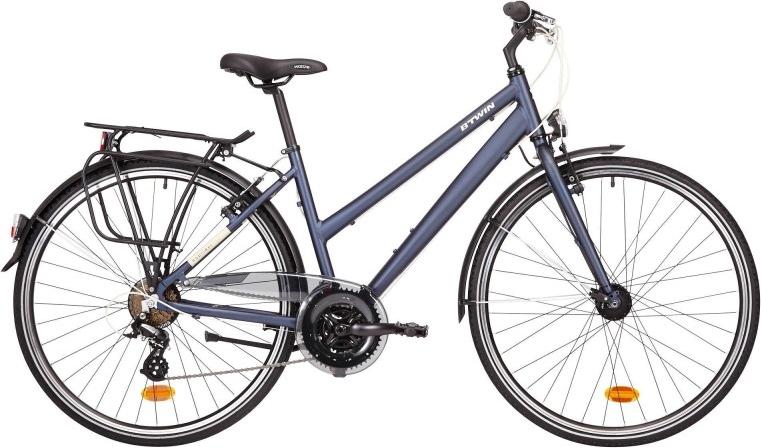


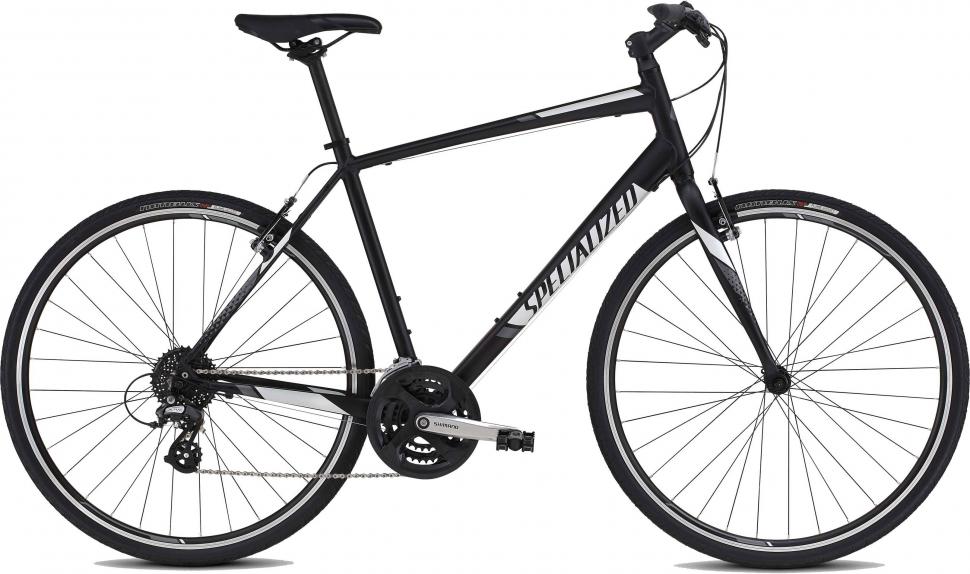
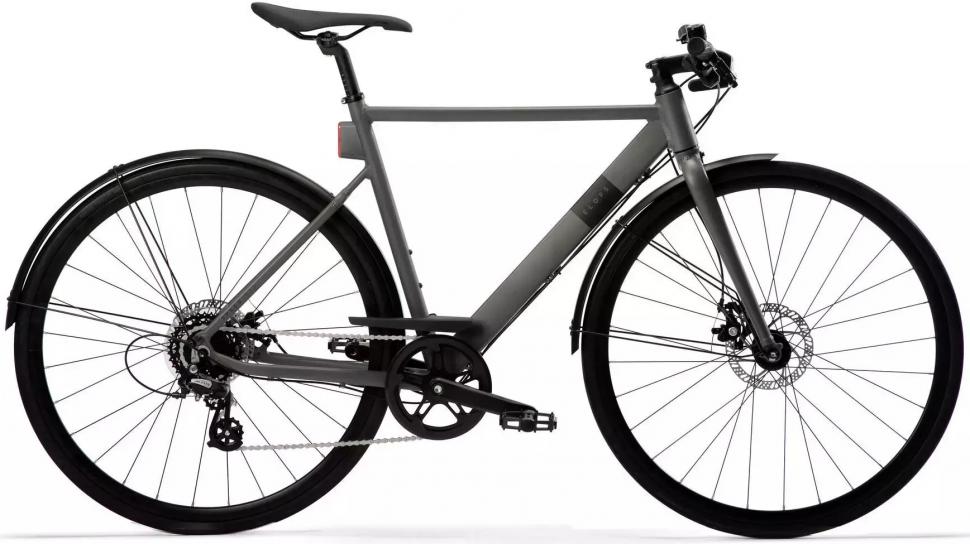


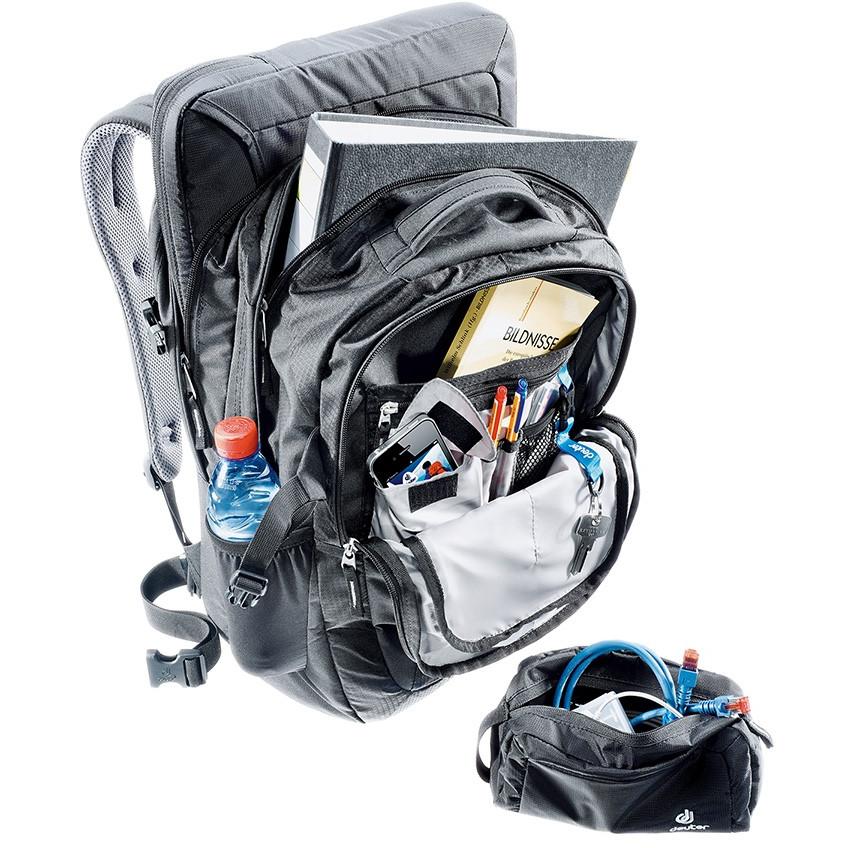
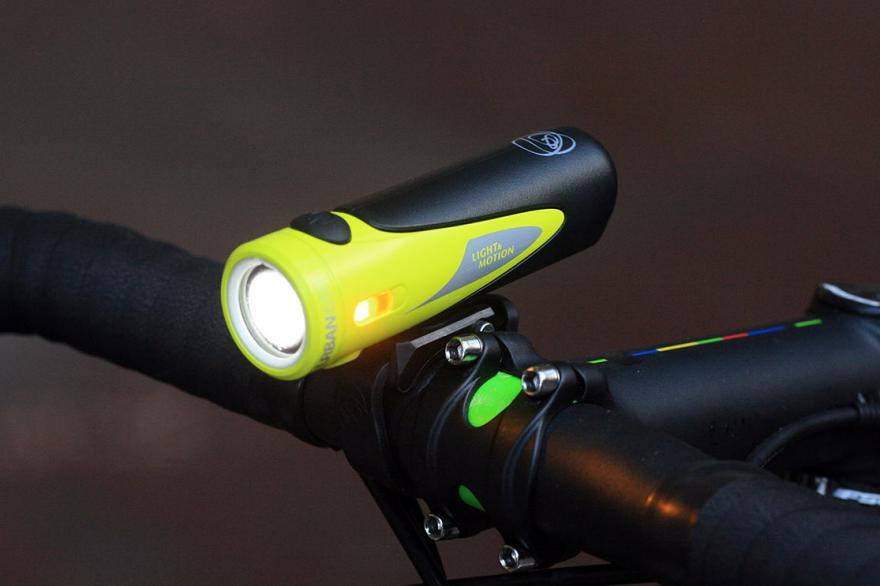

Add new comment
13 comments
On security - don't leave anything clipped on or quick release on the bike. I had lights and saddles nicked before fully learning this - luckily not my bike, because I have had fairly good locks.
I think I saw the saddle thief stealing from others - should have bothered to follow him to probably a cornucopia of lost lights.
Isn't it normal student practice to buy a stolen bike on the 'secondhand' market?
You may be on time with any of them but not all will keep you dry, and only one will make you visible at dusk.
Always worth checking with the local recycle bike centre/bike shop for any dead and gone bikes. They always have something worth while and it keeps other people on bikes such as http://www.recyclebikes.co.uk in sheffield
Don't buy an Apollo anything, unless you are trying to kill the thief...
It will be left outside, ridden in all weathers, you are unlikely to have proper facilities to keep it maintained and the cost / shinyness will be inversely proportional to the time before it is nicked or vandalised.
Just get hold of the cheapest bicycle that has wheels which still go round, that you can afford to loose and laugh about, spray can it all over some hideous snot green colour, get the cheapest lock that will deter only the laziest thief looking for a ride home after the pub and save your money for beer and books.
Seriously? Is there any university in the country without a bike theft problem? And, even if you buy a lock priced as high as some of the bikes listed above, are there any lecture halls with even half as many places to lock up outside as there are seats within? Second-hand is surely the way to go. Anyone who brings a shiny new bicycle to university should really consider whether they have the intelligence for course they're studying. I mean, sure, I did. But that was back when road bikes were about as widely desired as filofaxes are now. And it still got damaged by a frustrated thief who couldn't break the lock (it was also a time when the D-lock was a somewhat recent import, fresh from the streets of New York.)
It mostly depends on how well/where the bike is looked. The uni I go to has "secure" lockers which need a uni key card to access and is CCTV monitored - bikes have still been knicked from there though.
I happily leave my commuter road bike there - albeit with two Gold standard D locks and two cable locks on it!
A few other guys leave carbon racers there festooned with a similar amount of locks.
There's so many low/mid range road bikes left "secured" to a railing by only a £10 cable lock that anything with decent lock seems too much effort for the local crims. We easily get 2-3 bikes stolen a week on campus. A lot are stolen by the same bloke, he wanders around every so often (I assume looking for bikes) pretending to be a student but has a massive set of bolt cutters in his bag, usually comes back in the evening to steal the bikes - pretty naff really
The main requirement is cheap and shonky looking, any bike in newish looking condition will be targeted even if it's a £100 Apollo, I know people who've had bikes stolen that were worth less that the lock they cut through in the process.
Depends how filled with thieving scum the university city/town of choice is really! Some aren't that bad.
Pick up an old-school steel rigid MTB. Cheap, easy to maintain and repair, bomb-proof and less sought after by professional bike thieves. And as I and a few roadies have found out on my commute, surprisingly nippy.
Road bikes seem an odd choice for this group, I think. Maybe a folder option would be good - good for limited space, shared accom, where in-room storage is often most secure option, and where occassional users don't want a fullsize bike taking up half the bedroom. Btwin do a good cheap folder (rare combo), iirc.
1. Echo many of the above comments: second hand, and ideally shonky-looking is the way to go. That doesn't have to mean a terrible bike though. I built a fixed gear some years ago from an old frame that was about to go into a skip, a cheap eBay fork and various old bits I had lying around in boxes. I think I spent more on a (cheap) wheel with a fixed hub than I did on the rest of the bike. And it was perfectly fine for commuting around London well in excess of 25mph at times. Looked like complete garbage (someone had once had a go at painting the frame, seemingly with interior decorating paint and a paintbrush in purple, black and pink...)
2.
Road bikes are fine around university. I rode my Raleigh Equipe for most of my (many) years at university and it served me very well indeed. I see loads of road bikes (albeit not typically high spec) around Oxford, for example
Folder is an interesting option, provided you can take it with you into lectures/etc. otherwise I would think they would be very tempting for theives.
3. Basic mountain bikes as a category seem to be missing from the list (unless I missed it). Loads and loads of cheap old MTBs travel around university towns/cities every day!